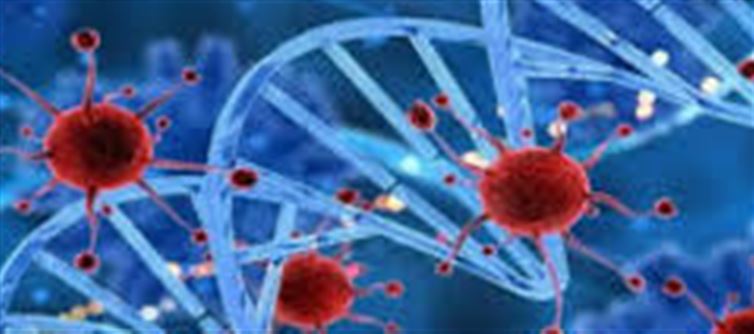
Blood cancer, also known as leukemia, lymphoma, or myeloma, is a type of cancer that affects the blood, bone marrow, and lymphatic system. Unlike some cancers, blood cancer doesn’t form a solid tumor initially but affects the production and function of blood cells. Understanding the risk factors is crucial for early detection and prevention.
Experts indicate that several age-related, lifestyle, and environmental factors can influence your risk of developing blood cancer.
👵 Age: A Major Factor
Age is one of the most significant risk factors. Blood cancer can occur at any age, but the risk increases as you grow older.
- Leukemia: Most common in children under 15 and adults over 60.
- Lymphoma: Risk rises after the age of 55.
- Multiple Myeloma: Generally occurs in people above 65 years.
Expert Insight: Aging weakens the immune system and the body’s ability to repair damaged DNA, which can trigger the uncontrolled growth of blood cells.
🚬 Smoking: A Preventable Risk
Smoking is linked to many types of cancer, including blood cancer. Research shows that tobacco use increases the risk of acute myeloid leukemia (AML) due to the harmful chemicals in cigarettes that can damage bone marrow cells.
Tips to Reduce Risk:
- Quitting smoking can significantly lower the chances of developing blood cancer.
- Avoid exposure to secondhand smoke.
- Adopt a smoke-free lifestyle for long-term health benefits.
🍔 Lifestyle and Dietary Habits
Modern lifestyle choices also play a role in blood cancer risk. Factors include:
- Poor Diet: Low intake of fruits, vegetables, and fiber, combined with high consumption of processed foods, can increase susceptibility.
- Sedentary Lifestyle: Lack of exercise weakens immunity and contributes to chronic inflammation, which can indirectly influence cancer risk.
- Obesity: Excess body weight is linked to higher rates of leukemia and lymphoma.
Expert Advice: Maintaining a balanced diet, regular physical activity, and a healthy weight can lower the risk.
Environmental and Occupational Exposures
Exposure to certain chemicals and radiation may also trigger blood cancer:
- Benzene and other industrial chemicals are linked to leukemia.
- High-dose radiation exposure can damage bone marrow cells.
- People working in chemical industries or nuclear plants should take extra precautions.
🩺 Early Detection Is Key
Blood cancer symptoms can be subtle and easily overlooked:
- Persistent fatigue and weakness
- Unexplained weight loss
- Frequent infections
- Bruising or bleeding easily
- Swollen lymph nodes
Regular medical check-ups, blood tests, and awareness of family history can help detect blood cancer early, improving treatment outcomes.
🌟 Final Word
While age, smoking, and lifestyle are significant contributors to blood cancer risk, many factors are controllable. Adopting a healthy diet, quitting smoking, staying active, and avoiding harmful chemicals can reduce your chances. Early detection, awareness of symptoms, and timely medical advice remain the best tools in managing blood cancer risk.
Blood cancer may feel intimidating, but preventive lifestyle choices and routine screenings can make a huge difference in protecting your health.
Disclaimer:
The views and opinions expressed in this article are those of the author and do not necessarily reflect the official policy or position of any agency, organization, employer, or company. All information provided is for general informational purposes only. While every effort has been made to ensure accuracy, we make no representations or warranties of any kind, express or implied, about the completeness, reliability, or suitability of the information contained herein. Readers are advised to verify facts and seek professional advice where necessary. Any reliance placed on such information is strictly at the reader’s own risk..jpg)




 click and follow Indiaherald WhatsApp channel
click and follow Indiaherald WhatsApp channel